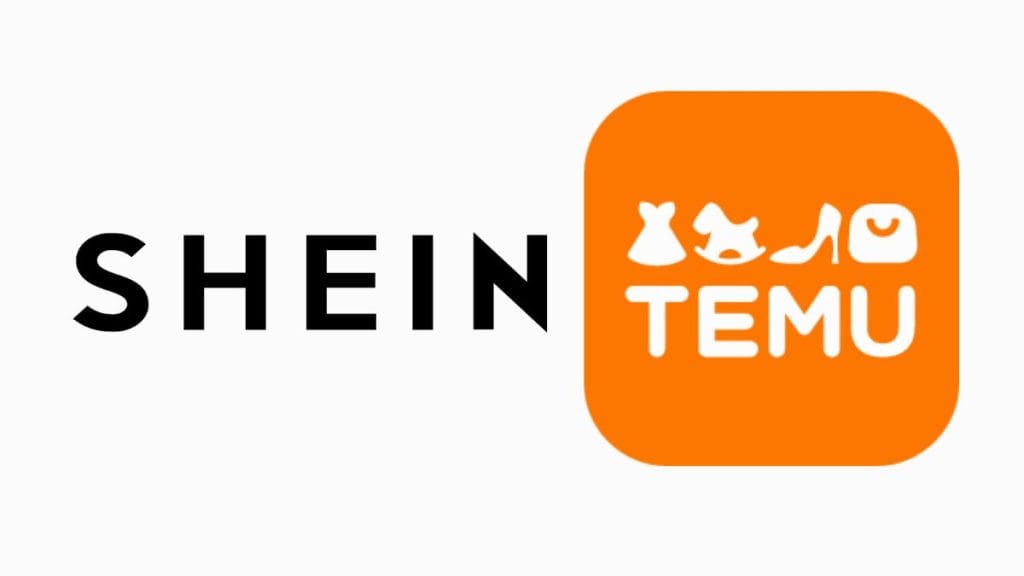New Delhi: The world of fast fashion is full of competition and constantly evolving. Two of the biggest names in the game, Shein and Temu, are currently in a fierce fight over the US market for $10 dresses. Both companies are known for their affordable and trendy clothing, but the battle over this specific niche has been heating up in recent months.
Shein, a Chinese e-commerce company, has been rapidly expanding in the US market since its launch in 2014. With a focus on affordable fashion and a massive online presence, Shein has become a go-to for budget-conscious consumers looking for the latest trends. The company’s popularity has skyrocketed in recent years, with its Instagram account reaching over 23 million followers and reportedly having over 100 million customers worldwide.
Temu, on the other hand, is a new player in the fast fashion world. The Los Angeles-based company was founded in 2019 with a focus on sustainability and ethical practices. Despite being relatively new to the scene, Temu has gained a following for its affordable yet eco-friendly clothing options. The brand’s Instagram account currently has over 52,000 followers, and its popularity continues to grow.
The battle between Shein and Temu over the US market for $10 dresses is a reflection of the larger competition between fast fashion and sustainable fashion. While Shein’s prices may be appealing to consumers, there is growing concern over the environmental and ethical implications of the fast fashion industry. The production of cheap and disposable clothing has a significant impact on the environment, with water pollution and greenhouse gas emissions being major concerns.
Temu’s focus on sustainability and ethical practices sets it apart from Shein and other fast fashion brands. The company uses eco-friendly materials and ethical production methods, with a goal of reducing the environmental impact of the fashion industry. Temu’s prices may be slightly higher than Shein’s, but the company’s commitment to sustainability has resonated with consumers who are looking for more responsible options.
The fight between Shein and Temu is not just about $10 dresses; it’s about the future of fashion. As consumers become more aware of the environmental and ethical implications of their purchases, there is a growing demand for sustainable and responsible fashion options. While Shein’s popularity may be based on its affordability and trendy styles, the company will need to address concerns over its environmental and ethical practices if it wants to remain relevant in a changing market.
In conclusion, the battle between Shein and Temu over the US market for $10 dresses is a reflection of the larger competition between fast fashion and sustainable fashion. While Shein may have the advantage in terms of affordability and popularity, Temu’s focus on sustainability and ethical practices has resonated with consumers who are looking for more responsible options. As the fashion industry continues to evolve, it will be interesting to see which companies are able to adapt and succeed in a changing market.





